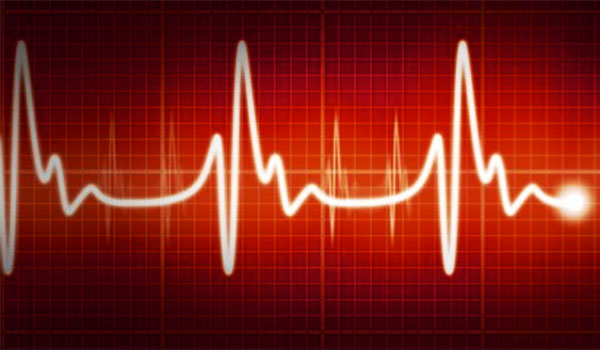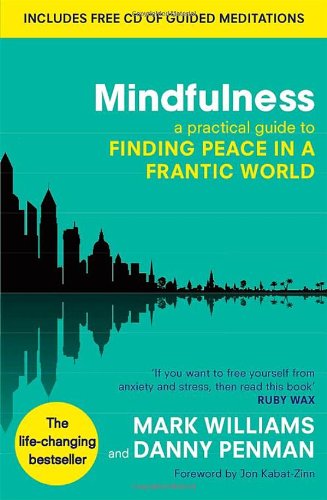It is a strange fact of life that the things that affect us most are often those that are out of our control. Four months ago I fell ill, suddenly and cripplingly. Over night I went from being a busy, active young woman to barely being able to stand.
My body seemed to quadruple in weight, and waves of exhaustion threatened to drown me entirely. My vision became wildly distorted, sometimes I am so disorientated that I have little concept of where I really am, and I feel as if I am watching the world through a window, or trying to recall a distant, foggy memory.
At first, I could not cope with loud noises, jumping out of my skin at the sound of a door slamming, and hearing screaming when two people spoke at once. I was also confused, and at my lowest moments unable to coordinate my body with my mind. I did not expect at the grand old age of 23 to be unable to use a pen or lift a kettle to make a cup of tea.
Being diagnosed with postural orthostatic tachycardia syndrome and cerebral hypofusion
My health was deteriorating, but, despite extensive medical tests, doctors struggled to reach a diagnosis. On separate occasions I was told I may have temporal lobe epilepsy, a brain tumour or heart complaint, and, when these were ruled out, a mental health problem.
Having always worked hard to take care of my health and wellbeing I knew that this sudden debilitating illness was not in my mind but a very physical problem.
Then I struck gold with my neurologist, who explained my symptoms were likely to be due to restricted blood flow to my brain, and chronically low blood pressure when standing. I was sent for further testing and diagnosed with postural orthostatic tachycardia syndrome and cerebral hypofusion. Essentially my autonomic nervous system is failing to control my blood pressure and heart rate as I move, restricting blood flow to my brain.
Dealing with the fact that there is no cure, just time
To my horror, I learned there is no cure except time, potentially years. Yet my consultant assured me there were ways to manage symptoms, and, in addition to a multitude of medication, he suggested an integral part of my journey to recovery should be mindfulness meditation.
Despite initial scepticism, I had previously been more of a dancing on the tables kind of girl than a close your eyes and clear your mind type, I listened as he explained the benefits of meditation in managing my illness. He felt it would allow me to both accept and engage my body in its new state, while also giving my body chance to rest, and re-engage my heart in it’s usual, slower rhythm.
Practising mindfulness body scan meditation
To get me started he offered to guide me through a body scan meditation, tuning into each body part in turn, explaining that I should acknowledge any feelings or sensations there without immediately jumping to label them. By the end of the session I was amazed to see my previously erratically racing heart had calmed, and my blood pressure, which had soared and plummeted without reason when I first arrived in the clinic, had levelled.
Mindfulness: A Practical Guide to Finding Peace in a Frantic World
My consultant encouraged me to read ‘Mindfulness: A Practical Guide to Finding Peace in a Frantic World’ by Mark Williams, a wonderful book that really opened my eyes to the benefits of mindfulness. Mindfulness meditation teaches us to live in the present, and to be open to and aware of bodies and situation.
It also teaches us to be less judgemental of ourselves, and that our thoughts are a stream of consciousness automatically triggered in our brain, and should be considered thus, not as a collection of facts. For example, if something bad happens to us we automatically trigger our fight of flight response, which could bring back waves of negative memories as our brain searches for a solution to our current problem.
Learning about this has helped me to take a step back when my mind runs away with me on a bad day. Meditation has become an invaluable tool in dealing with my illness.
Acceptance
Prior to my diagnosis I had fought against the way my body was feeling, desperately seeking ways to prop myself up to get through the day. However, mindfulness meditation allowed me to begin to accept my body in its current state, allowing myself space to heal.
Indeed, as the weeks passed, my symptoms have gradually begun to lessen. I am able to stand a little longer, follow a conversation and can make that cup of tea without a second thought. Primarily, mindfulness meditation has taught me to take a step back from the whirlwind of emotions that followed my diagnosis. That thoughts are not facts. That they will pass, and that I do not have to succumb to them every time.
I have essentially learnt to give myself a break. This is not an illness that can be micromanaged; my body will not simply right itself over night because I’ve decided it should. I have also learned to enjoy the here and now; how often do we live in the future or the past, in a daydream, with near total disregard to what we are actually doing in this moment?
This illness is out of my control, yet it has given me meditation, and taught me to be grateful for what I do have, and for that, I am thankful.
Written by Kate Libby


